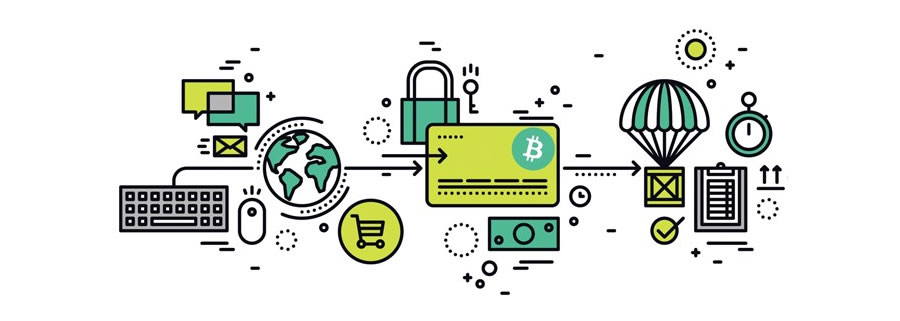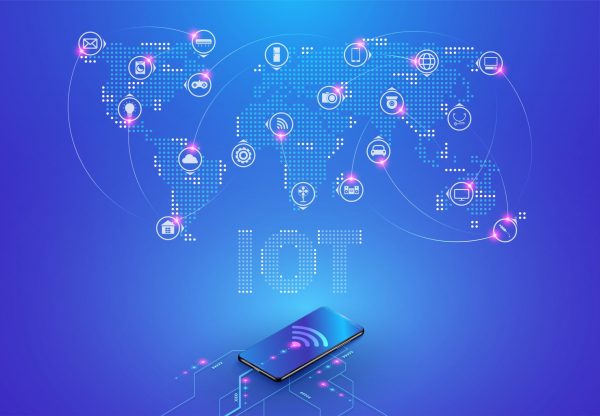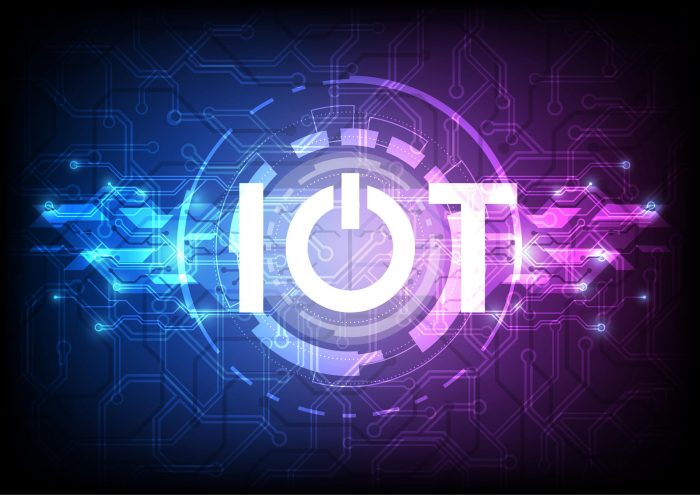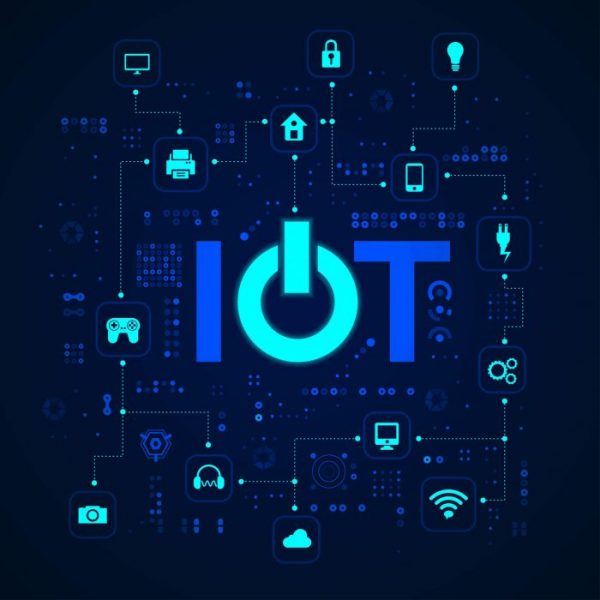Why is Blockchain important for IoT?
Audio : Listen to This Blog.
IoT is at the crux of all the science fiction movies that started portraying smart homes and smart cities in the past. And slowly but steadily, irrespective of the mixed reviews, this technology has been progressing. Even those that still have their doubts on this tech are using it in some form or another. That has been happening on one side. And then Blockchain happened!
A few years ago if you had told anyone that distributed ledger system could be so simple, it would have sounded close to impossible. Who knew that the best way to secure any data is to add it to an easily accessible chain sans the edit or delete rights! All this became a reality and moving beyond paper this concept evolved and created a storm. In fact, the implementation of Blockchain has been even better than the actual first impression it created while it was on paper.
There are so many technologies which are autonomous. But there are some which work as good in pairs as they work alone. Such a perfect match is the combination of IoT and Blockchain. And this combination is all set to change the way we communicate with other people and also other “things”.
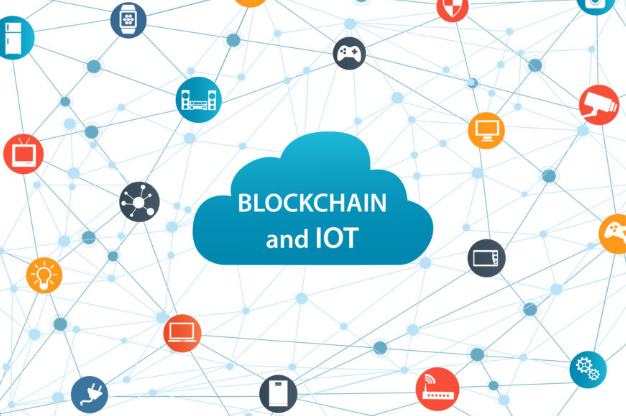
The common challenges associated with IoT and how Blockchain enters to address it
Single point of failure due to centralization of communication data
By default, the IoT systems involve communication that is often centralized. Think of the smart home, for example, there would be one master device that controls all communication that occurs in the home network. Such a centralised communicating device would also have all the data pertaining to the interactions that occur. So any failure in this device would lead to the breakdown of the entire system. The strongest trait of Blockchain is its ability to remove a single point of failure. So if one of the devices in the connected network faces troubles the others are not going to be affected. This makes sense because incorporating IoT and giving the devices the ability to communicate with each other is an expensive affair, so incorporating a tech to make this system robust to single point failures would be a great idea.
Higher probability of server farm crashes due to the increasing data volume
The other challenge with IoT comes the huge data volumes as more number of devices start communicating with each other. That brings the problem of managing the hardware, the data centers to handle the data. Even in the case of cloud storage, a centralized cloud of such capacity is going to cost a lot. The management of data centers and the associated networking equipment is what results in this expense. Such types of brokered communication can be eliminated with the integration of Blockchain in IoT. Besides the cost, there is also the probability of server crashes. To address this server farms and cloud providers today have data backup and restore options which again come with added costs. But this is not of much use if a breach occurs and the data is lost to an unauthorized party. So a preventive measure is much more important than a disaster recovery plan and Blockchain is that preventive measure as Blockchain can deliver a tamper-proof system.
Communication between devices is still a black box
IoT architecture doesn’t allow the users to view the actual communication that happens among the devices. Considering the smart home scenario again, as a smart home owner there are instances where you might want to access some information about the real-time communication that occurs. But as most data remains hidden there is very little to decipher. With blockchain, however, transparency is the key. Every transaction would be recorded and authorized users, in our case, the smart home owners, would be able to view all the information that was ever relayed in the network. Identifying the problematic areas and weak links would also get simpler when this happens. The records would however remain immutable making sure that no unwanted modifications are made.
Privacy threats
One of the biggest hurdles to IoT has been the fear of digital privacy threats. Home automation would involve a lot of sensitive information being passed from one device to another. Removing the middlemen in all such transactions would ensure the strengthening of user privacy. By improving the security of the home network, and reducing the risk of data breaches, blockchain would only make hacking into the network much more difficult.
Lack of warning about an imminent issue
The current state is that when a device in the network fails there might be some networks that can intimate the user about this and in other cases the user would have to identify the issue and rectify it. But the smart contract feature that many Blockchains offer would be a life-saver in such cases. Smart contracts are triggered automatically when a predefined event occurs. For example in the case of a smart home network, the instant where a device is found to have troubles, automatic actions like claiming the warranty terms and contacting the service center, could be triggered without the user having to intervene and authenticate. The same also applies to automatically initiating payments and other actions that can be taken when all essential conditions are met. This timely resolution of the problem would make the smart home network smarter!
So what do you get when you combine both?
To sum it up when Blockchain is used in IoT systems:
- It delivers distributed trust
- Maintenance and operational costs come down without the need for centralized communication and data handling units
- Security of the system is enhanced and thus reducing the privacy threats
- The overall infrastructure is simplified and made more transparent
- Makes automation easy
- Transaction times reduce a great deal as the data doesn’t have to come from a third party storage
On the whole IoT networks require scalability and Blockchain makes that simpler while also offering scalable security. That makes it pretty much evident why so many businesses out there are now using Blockchain in their IoT systems.
